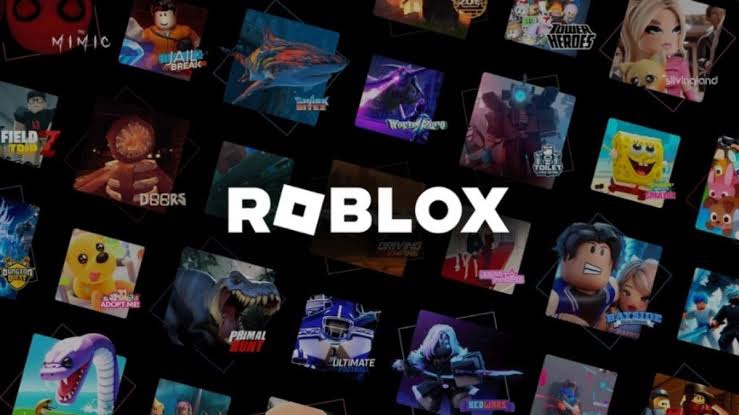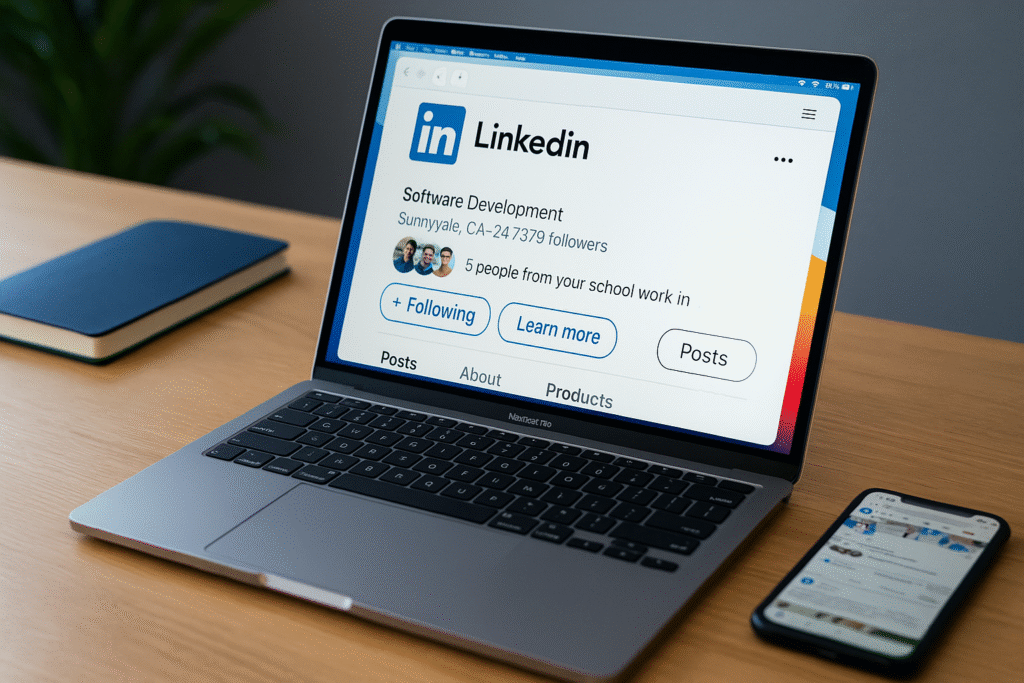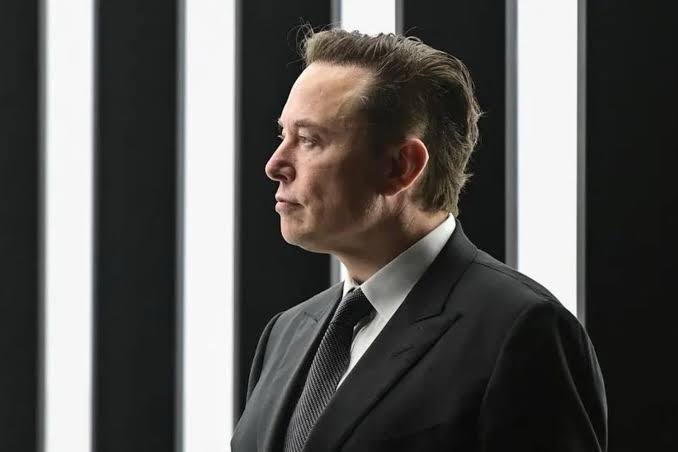Tech giant faces scrutiny as it draws a fine line between platform security and community self-policing
The global online gaming platform Roblox, which attracts millions of children and teenagers daily, is facing a storm of criticism after banning self-proclaimed “predator hunters” from its ecosystem. These vigilante users argued they were exposing and reporting potential child predators within the platform. Roblox, however, insists their methods crossed ethical and safety lines, making the digital environment even more dangerous for the very children they sought to protect.
The controversy
The ban triggered outrage among parts of the gaming community and caught the attention of U.S. Congressman Ro Khanna (California), who urged Roblox to ensure better protections for its massive base of young users.
Roblox defended its decision in a lengthy public statement, stressing that while the so-called vigilantes may have “good intentions,” their actions had become “indistinguishable from those of the predators themselves.” The company noted that some vigilantes pretended to be children to lure adults and then publicised or confronted them online — behaviour Roblox deemed unacceptable and harmful.
Corporate responsibility vs. community action
The case highlights a complex challenge for tech companies: balancing corporate responsibility, legal compliance, and user safety in spaces populated by minors.
Roblox’s stance: Security must be enforced by official moderation tools and partnerships with law enforcement, not by unregulated community groups. Community frustration: Many players argue that Roblox’s moderation system has long been criticised as insufficient, leaving gaps that vigilante groups attempted to fill.
The bigger debate: safety in the metaverse
The Roblox controversy raises broader questions for the future of the metaverse and online platforms:
How should platforms manage child protection without encouraging vigilantism? Can AI-driven moderation replace or complement human oversight in sensitive cases? What role should governments play in regulating digital spaces where minors represent the majority of users?
Forbes insight
This is more than a Roblox problem; it is a tech industry stress test. Platforms like YouTube, TikTok and Meta face similar scrutiny over harmful content and child exploitation. The Roblox episode underscores that in the race to dominate the digital playground, trust and safety have become as important as growth and monetisation.
Roblox’s ban on vigilantes may protect the company from legal risks, but it also forces a conversation about whether platforms are doing enough — or if frustrated communities will continue taking matters into their own hands.





